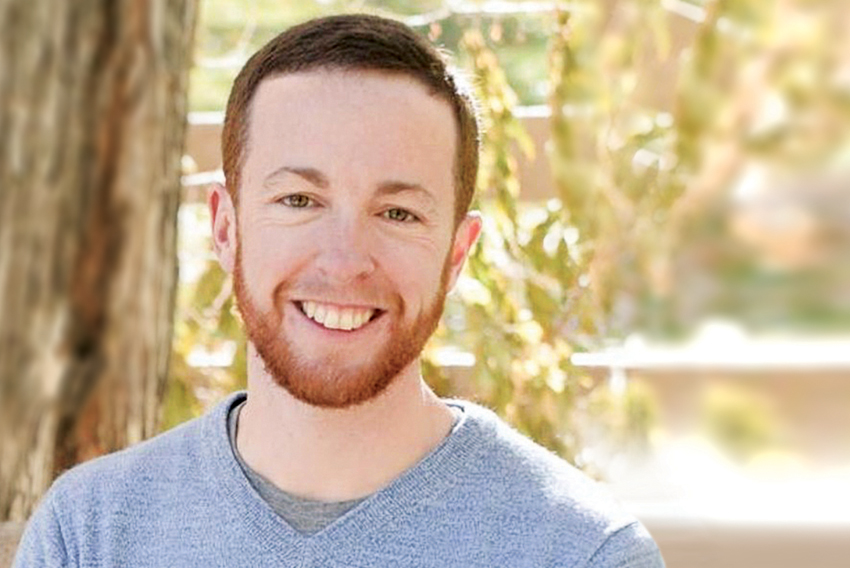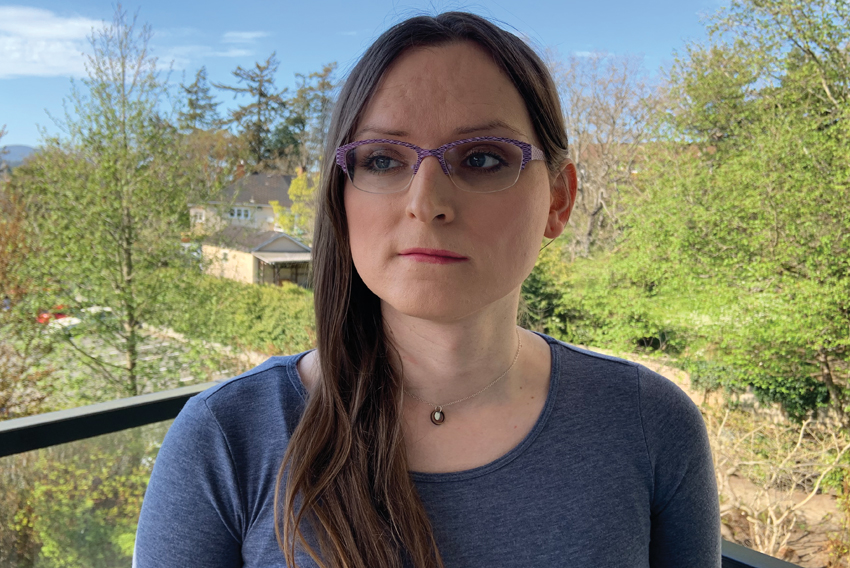Your Tent or Mine?
Reprinted from the Nourishing and Moving Our Bodies issue of Visions Journal, 2023, 19 (1), pp. 24-25

Coming Out at Work
How to promote trans-inclusive workplaces
From the "Workplace Bullying and Harassment" issue of Visions Journal, 2020, 15 (4), pp. 27-29

Resources
From the "Youth Facing Health Inequities" issue of Visions Journal, 2020, 15 (3), p. 40
Representative for Children and Youth
Mental Health Care and Youth
Initially, it was hard for Ryan and his family to find supports and services after Ryan came out as trans and wanted to transition. Having the right pieces in place made all the difference—supportive family and access to service providers who understood the bigger picture. However, many young people, including in Ryan’s life, who experience complicated challenges around mental health and gender identity aren’t receiving the care and support they need.
Life in Transition
Anden transitioned from male to female after moving to a new town to access resources and put some distance between him and the people he saw every day. Working in industries like logging and mining—not always known as open-minded fields—brought up opportunities to help co-workers understand gender and sexual orientation, and Anden now shares his experiences and knowledge, including around mental health, to help build respectful communities.
Stigma, Resilience and Health Care for Marginalized Youth
When young people experience trauma, abuse, abandonment, or other difficult experiences, the system labels them "at risk" or "vulnerable" and makes it sound like the youth themselves are the problem. But the real problem is in the stigma and discrimination that excludes and marginalizes youth who are just trying to survive the best they can. When we build positive relationships with youth and offer inclusive and non-judgemental support, we bring people into our communities rather than push them aside.
LGBT Mental Health
Learn more about mental health among lesbian, gay, bisexual and transgender community members. LGBT community members may face discrimination and exclusion, and find that service providers don’t meet their needs. Open and caring communities can support all community members in their journey to wellness.
LGBT
LGBT (lesbian, gay, bisexual and transgender) people often face prejudice, discrimination and isolation. Now imagine the doubly stigmatizing effect of being LGBT and having a mental illness or substance use problem. These added stresses can lead, in part, to higher rates of mental health and substance use problems. But how do you talk about sexual orientation or gender with your service provider? What happens when your service provider says that your sexual orientation or gender identity are the cause of your mental health problems? Through the words of our passionate and courageous writers, learn how others found wellness and resilience through supportive and loving families, spirituality and knowledgeable service providers. Join us as we explore the relationships between sexual orientation, gender identity, mental health and substance use.
